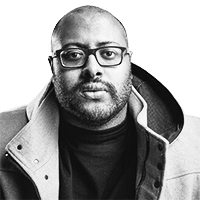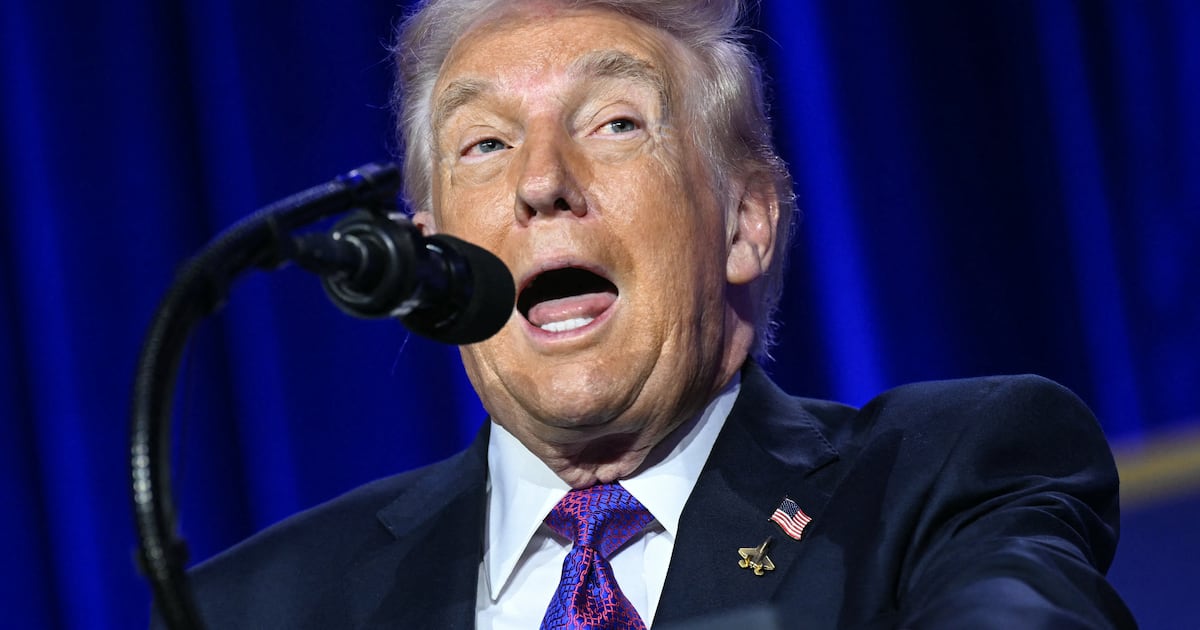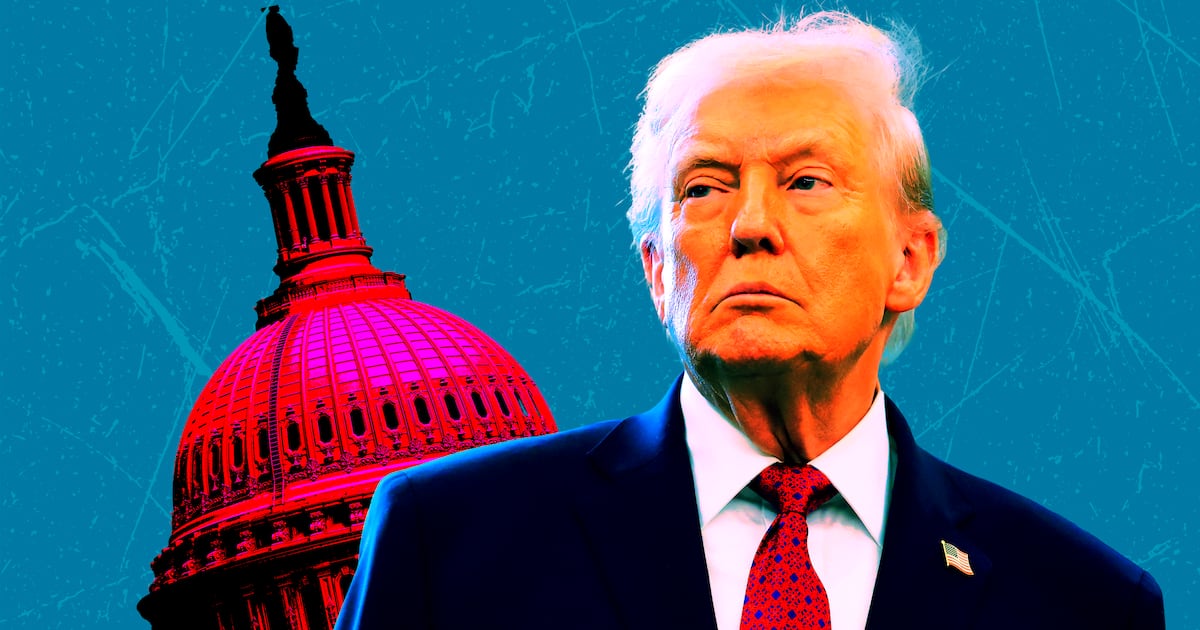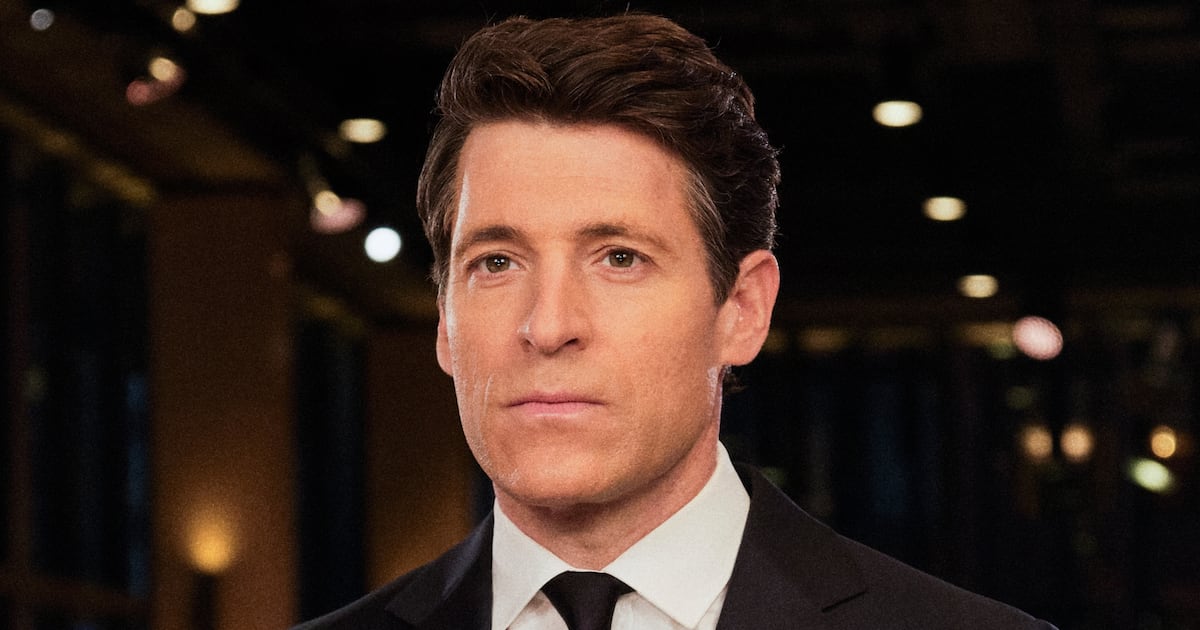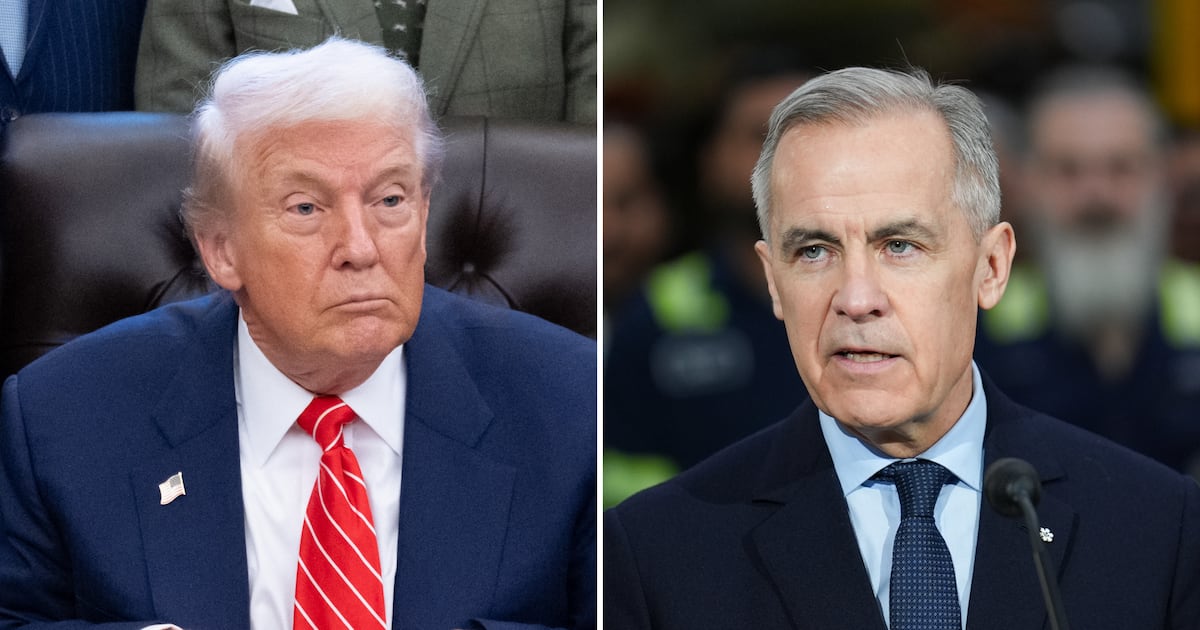I bailed on the second season of UnReal because the series, a loose satire of The Bachelor franchise, introduced a black suitor and dove into messy racial politics. The season culminated in a black man being shot by the police, thanks to the meddling of the series’ producers—and in the midst of a year where police shootings of black men were on the rise, it felt unhealthy for me to continue watching a poorly-written, exploitative treatise on race in America. However, as race controversies unfold on The Bachelorette this season, and amidst the scandal occurring behind the scenes on spin-off Bachelor in Paradise, it's made me realize that maybe UnReal’s second season was more prescient than I imagined.
This season of The Bachelorette stars Rachel Lindsay, the first black bachelorette in the series’ 14-year history, and it has placed the entire franchise under the microscope—on whether or not Lindsay would do justice to the portrayal of a black woman looking for love on television, on whether there would be a diverse pool of men, on whether the black men would occupy horrific reality show stereotypes. Fortunately, none of those issues came to fruition. Lindsay is charming audiences left and right with her no-nonsense approach to the show, the pool of men is quite diverse, and the black men are all varied in careers, personality, and intelligence. You’ve never seen such a large group of diverse black men on a reality show like this. Trust.
It turns out, however, that the trouble on this season of The Bachelorette comes from one of its white contestants. Early into the season, it was revealed by International Business Times that contestant Lee Garrett has a history of Islamophobia, slamming the NAACP, and referring to #BlackLivesMatter as a terrorist organization. Since then, he’s started arguments with two black men on the show—Eric Bigger and Kenny King—repeatedly describing them as “aggressive” to Lindsay and the other male cast members. Another black contestant, Will Gaskins, told Garret: “When you call him ‘aggressive,’ there is a long-standing history in this country [of] regarding black men as ‘aggressive’ to justify a lot of other things.”
It hasn’t just been the black contestants who’ve noticed. Ironically enough, contestant Dean Unglert, who introduced himself by asininely telling Lindsay, “I’m ready to go black and I’m never going to go back,” was the first person to voice that Garrett might be a racist. Without knowledge of Garrett’s since-deleted tweets that were unearthed as the season began, Unglert said in an interview with producers: “The only people I’ve seen Lee picking fights with have been not the people that he’s used to seeing on a daily basis from a cultural perspective.” When the off-camera producer pressed Unglert on what he meant, Unglert responded: “You know what I mean.”
It’s unfortunate that in lieu of portraying the first black bachelorette in a negative light, the producers of The Bachelor seem intent on using the black male contestants as fodder in their race experiment. If it was simple enough to find Garrett’s racist tweets while the show aired, surely the producers were aware of them before production started. Even if not, they are quite aware that Garrett’s clash with the black male contestants on the show is giving them much-needed drama, and it’s obvious they’re doing everything they can to ensure that Lindsay gets no wind of his nefarious attitude toward non-white people.
The irony is that Lindsay’s presence on the show is the reason the show has finally been able to manipulate race for their benefit. The presence of a black bachelorette means that there are more black suitors on the show than normal, which is clearly a situation that some of the white male contestants have never been in. There’s a difference between having a black friend and living in a house full of black men when you’ve never been exposed to them. The show seems to have been counting on this—next week’s episode is a two-night event and, rather than showcase Lindsay’s romantic journey in the promos, it’s all about the upcoming battle between Garrett and King.
What’s equally unfortunate is that this season has given show producers a taste for exploiting black men—if the recent drama on Bachelor in Paradise is any indication. Filmed after this current season of The Bachelorette wrapped, the spin-off series takes women and men from both franchises and sticks them in a house for the summer to basically drink, carouse and hook up with one another. This landed the series in hot water when a producer came forward claiming that his witnessing two drunk contestants having sex while being filmed made him uncomfortable, and that it may not have been consensual.
As information slowly seeped out, it was revealed that the two contestants were Demario Jackson and Corrine Olympios. Initial reports claimed that both Jackson and Olympios were too drunk to consent to sex on the show, followed by reports that Olympios was lawyering up to sue the show for putting her in danger. With shades of Tonya Cooley’s assault on camera during a taping of The Real World / Road Rules Challenge: The Ruins, where Cooley was recently awarded a settlement for alleging that producers allowed two male contestants to penetrate her with a toothbrush while she was asleep, the producers of Bachelor in Paradise were clearly on the ready to defend themselves in case this situation blew up.
But amidst Olympios’ lawsuit, there’s been a growing concern that race has played a factor in the controversy. Bachelor in Paradise contestant Jasmine Goode claimed that Olympios had no problem consenting to interactions with white men while taping, but only had a problem when it came to Jackson. Another contestant, Will Gaskins, said: “It wasn’t until the black man [Jackson] got into the mix that this was deemed as no longer acceptable.” Regardless of whether or not race is a factor, initial reports claimed that both contestants were inebriated during the encounter. In the responses since, Jackson’s ability to consent has largely been ignored for a narrative that favors Olympios.
For Broadly, Mitchell Sutherland interviewed veteran reality producer Mark Cronin (Flavor of Love, Below Deck) about the situation. Cronin told Sutherland that in the case of his shows, if competitors want to have sex, on-set producers separate them first and ask for their complicit consent: “If either one of them we felt was too drunk to make decisions, we would not allow it, because we had control, this was our house. They were living in our house on our TV show. You can’t say, ‘Oh, they’re adults, they’re going to do what they do.’ You can’t allow a crime to occur. You just can’t. You have to intervene, and you have to protect drunk cast members.” As someone who has written publicly about their own history of being sexually assaulted, I’m not here to judge anyone’s account of what happened. And I hope it’s resolved in a way that brings peace to both Olympios and Jackson.
Instead, I’m positing that the producers of The Bachelor seem to have a taste for using black men as props—a disturbing trend that began with this current season of The Bachelorette and will continue with Bachelor in Paradise. For a situation that was so shocking to a producer of Bachelor in Paradise, it apparently wasn’t shocking enough to actually stop it while it was occurring—just as Garrett’s racial manipulations on The Bachelorette aren’t being halted because they’re good TV. Sexual consent and race are two of the most intense issues in America, particularly in our current political climate. As a producer of a television show, you can choose to tell either a human story or an exploitative one that trades in stereotypes and potential criminal behavior for ratings. When it comes to their brave new world of black contestants, The Bachelor franchise seems to have opted for the latter.
